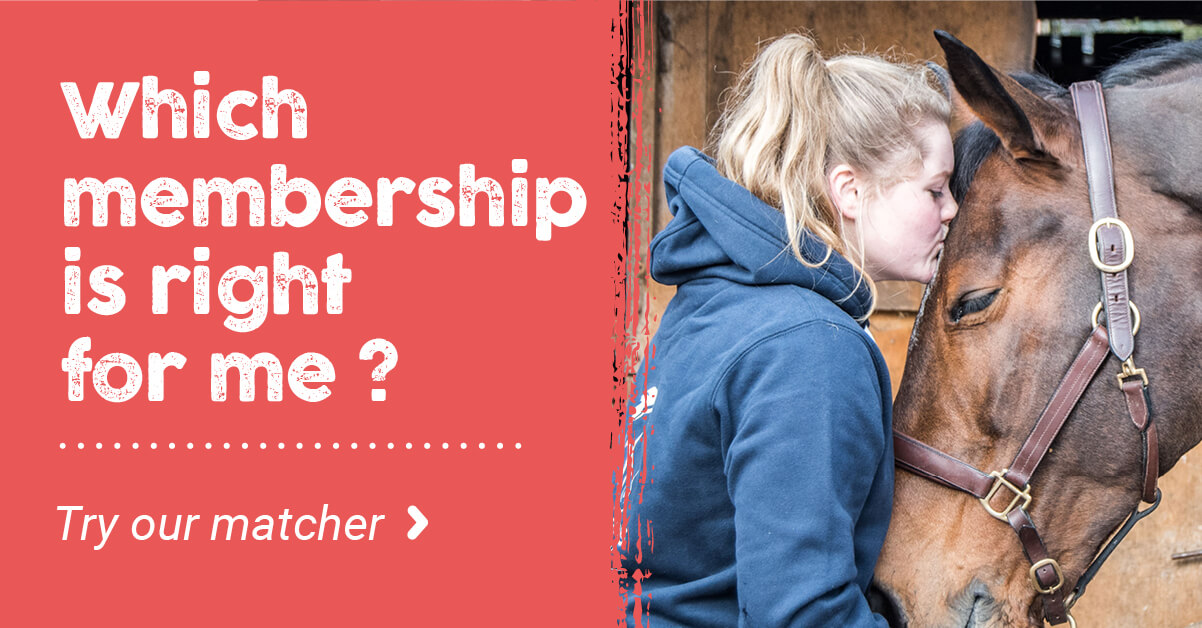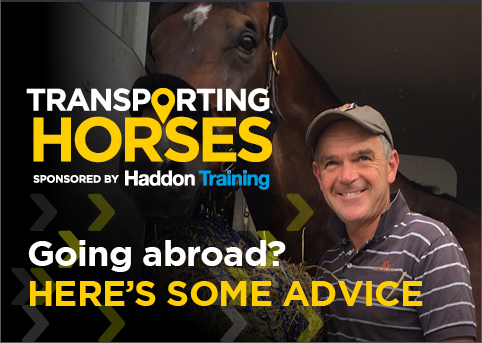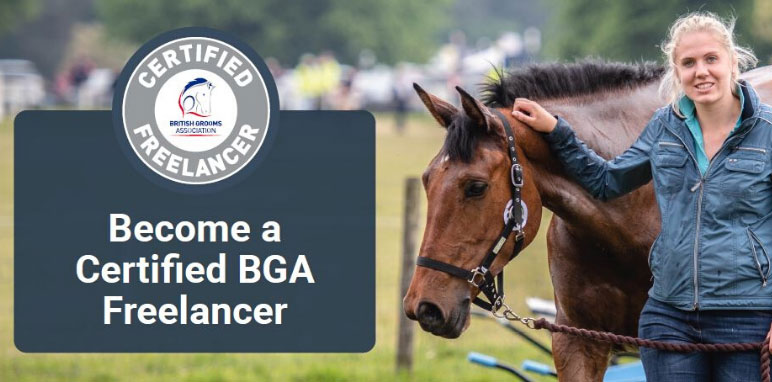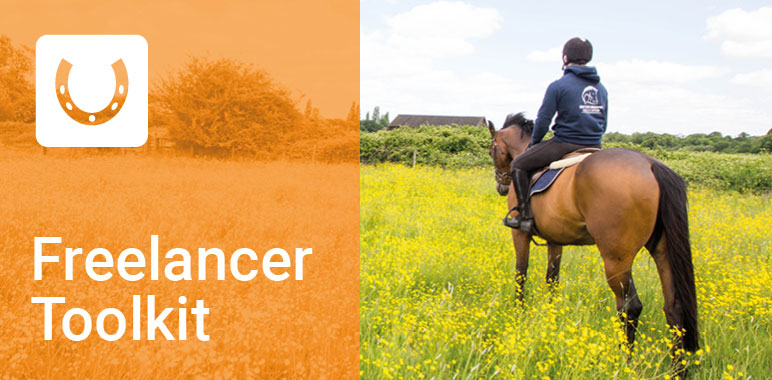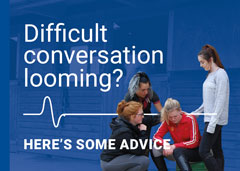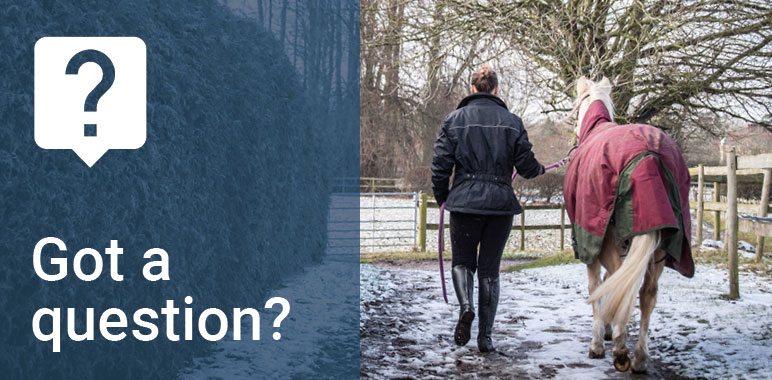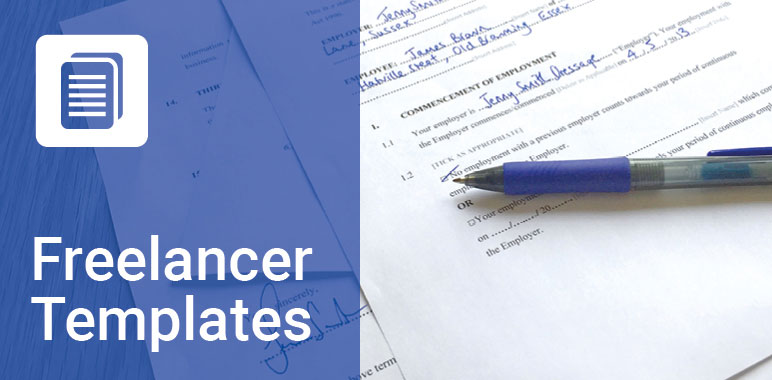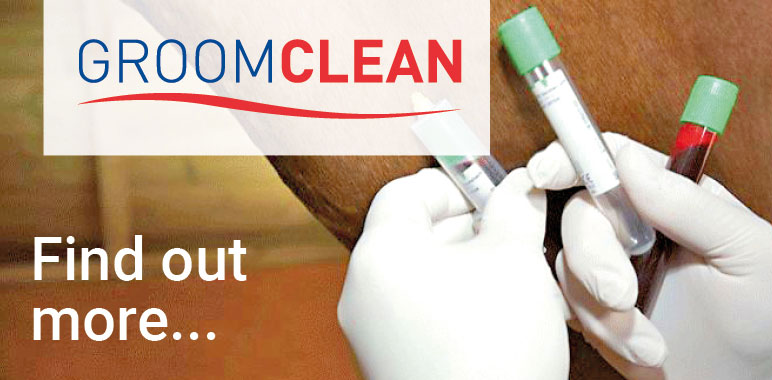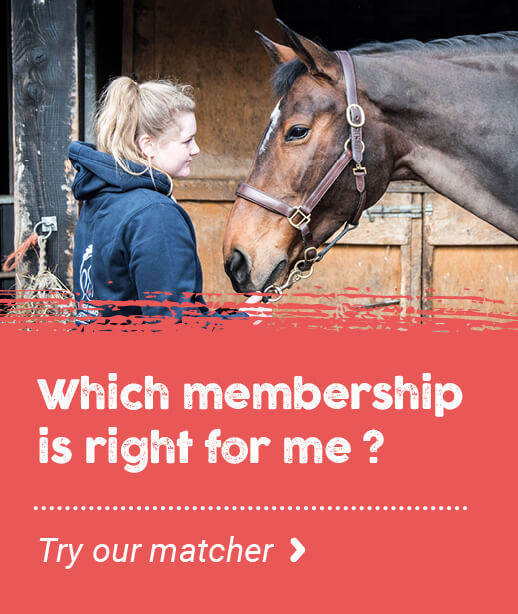- Join Now
- Login
- Member Zone
- Your Career
- Freelancing
- International Grooms Association
- BGA Training
- Healthy Yard Healthy Horses
- Transporting horses
- Brexit
- Safe workplace
- Student Zone
- Member Discounts
- BG Magazine
- Member services
- My employment
- Am I employed correctly
- Grooms Minds
- Safeguarding
- Legal Helpline
- BGA guide to the National Minimum Wage
- Training & Careers
- BGA CV Creator
- Horse groom training
- Where to Train
- BGA E Learning
- Career choices
- Change to Racing
- First Aid training for grooms
- Parents
- Grooms Jobs
- Grooms Life
- About
- News
- Contact

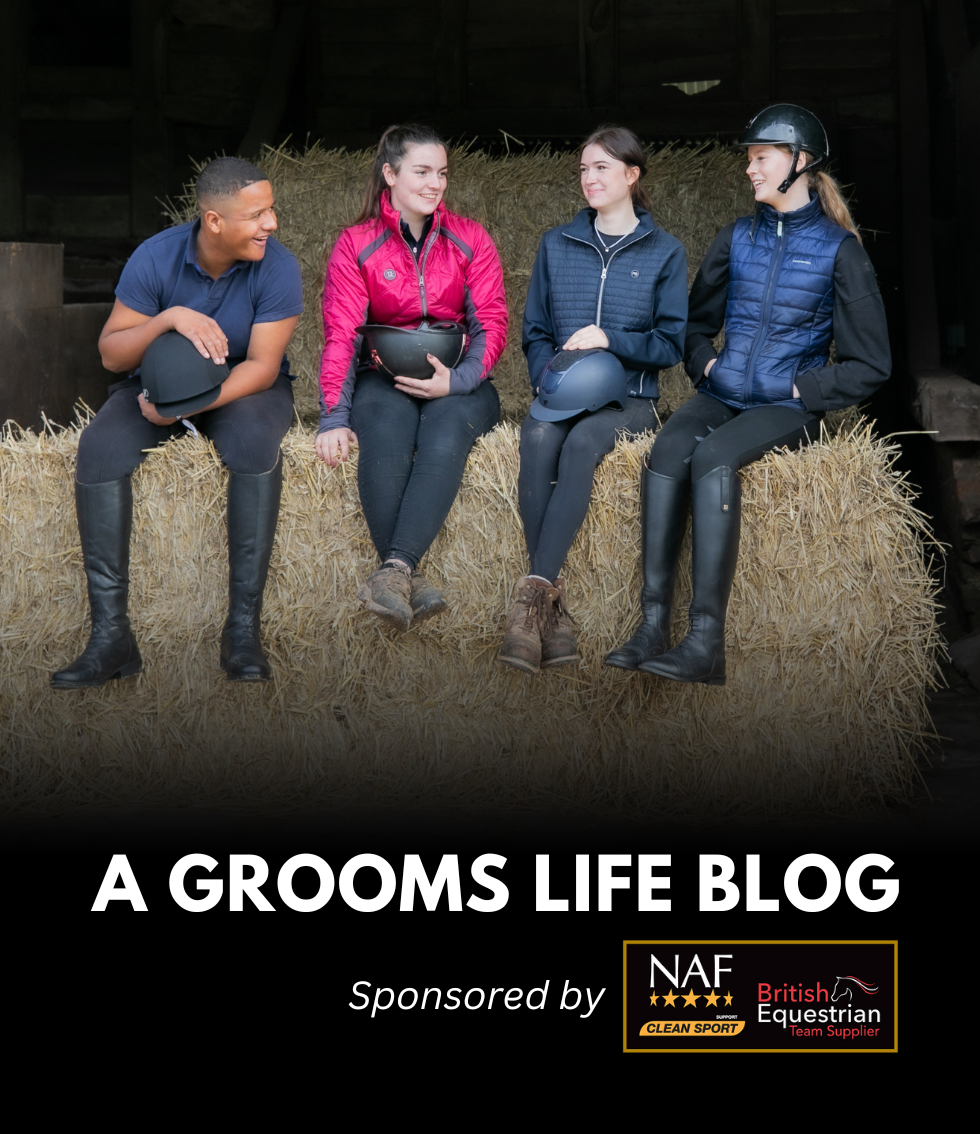
Recently a question we are being asked is "How do I start freelancing?" There are lots of things to consider when becoming a freelance groom, so it is important to think about the reality of being self-employed and running your own business, check out the pros and cons before you start your freelancing journey. Step One – make sure you understand the difference between being employed and self-employed. Decide if you want to be a sole trader or limited company find out more in this guide. Step Two – create a business plan, include your potential earnings and outgoings. Consider looking at your local area, to see how many freelance grooms there are, and how much they charge. Check out our 'manging your business' pages. Step Three – Set your rates and decide if your dream could be a viable business. Remember that you must set a rate that is higher than the NMW wage and considers that you have to pay your own tax and National Insurance, plus your insurance. Step Four – Your business needs a name – whatever you choose, make sure it isn’t owned by someone else, check at www.ipo.gov.uk. Also make sure the name meets legal requirements. Step Five – Register as self-employed with the HMRC, to pay your tax and National Insurance. Step Six – Make sure you are protected with the BGA Freelance Grooms’ Liability Insurance – a KBIS trusted policy which is discounted for BGA members. Find out more about our accidents and insurance. Step Seven – Use the Freelancers Toolkit to create professional looking business documents with our templates, such as a health and safety statement, client agreement, price list and more. Step Eight – Stand out from the crowd and show your clients you are a professional by becoming a Certified BGA Freelancer. Step Nine – Promote your business to build your client base. Consider placing adverts in local tack shops and vet surgeries. Digital marketing is a must, make sure you create social media pages to start networking. Take a look at our 'Marketing' guide. Step Ten – Make sure you keep accurate records, copies of your invoices and expenditure – consider employing an accountant to keep on top of your finances, and complete your tax returns. BGA members receive a discount with Butlers Chartered Accountants. Check out our Members Zone for lots more information. Trouble accessing the links within this blog? Become a BGA member to access a hive of information, guidance and support, PLUS discounted trusted insurance and other member benefits. How To Become A Freelance Groom
7th September 2022
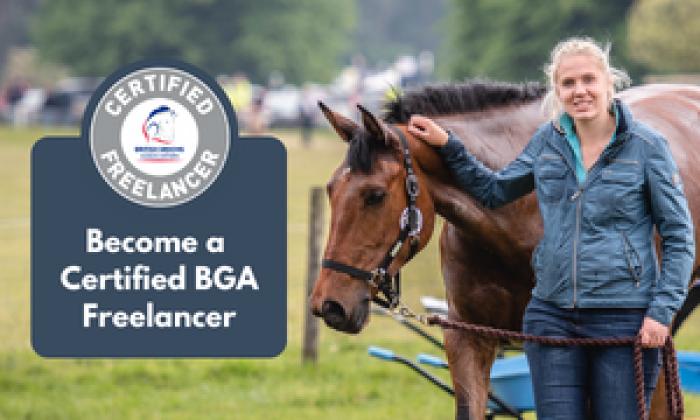
Don’t forget to you also need personal accident insurance to safeguard your income should you have an accident; this is included in the Silver or Platinum BGA membership options.
Join us today from 47p per week.
BLOG ARCHIVE
- 2025 (16 ENTRIES)
- 2024 (52 ENTRIES)
- 2023 (60 ENTRIES)
- 2022 (35 ENTRIES)
- 2021 (24 ENTRIES)
- 2020 (19 ENTRIES)
- 2019 (45 ENTRIES)
- 2018 (36 ENTRIES)
- 2017 (7 ENTRIES)
What the personal accident policy covers you for:
- Whilst at work
- All stable duties – mucking out, grooming, washing off, turning out
- Clipping
- Riding – including hacking and jumping
- Hunting
- Lunging
- Breaking in
- Holding horse for a vet and other procedures
- Travelling horses both in the UK and abroad
- Competing in line with your job including: jumping, dressage, eventing
- Injuries that may happen to you whilst you are teaching - but you must also be grooming as part of your duties and not be a sole instructor
What the personal accident policy doesn’t cover you for:
- Riding in a race, point to point or team chase
- Stunt Riding
- Accidents occurring whilst travelling to and from work
- Riding and competing your own horse (but you can upgrade when applying for membership to include this)
- Public Liability – this is a separate insurance policy - the Freelance Groom Liability Insurance
- Care Custody and Control – this is a separate policy - the Freelance Groom Liability Insurance
If you require additional cover then please contact KBIS directly.
| GROOM | RIDER | EMPLOYER | |
|
When you are working for other people you do most of the following; muck out, turn out/catch in, tack up, groom horses, exercise Horses (including hacking, jumping and schooling), in the care of your employer/client. |
|
|
|
| Predominantly ride horses for other people including schooling, exercising and competing. | NO |
YES |
YES |
| Provide grooming services for someone else either full time or on a freelance basis i.e. an employer or a client. | YES |
NO |
NO |
| Employ staff – have an employers liability policy in your name | NO | NO | YES |
| Buy and sell horses | NO | YES | YES |


